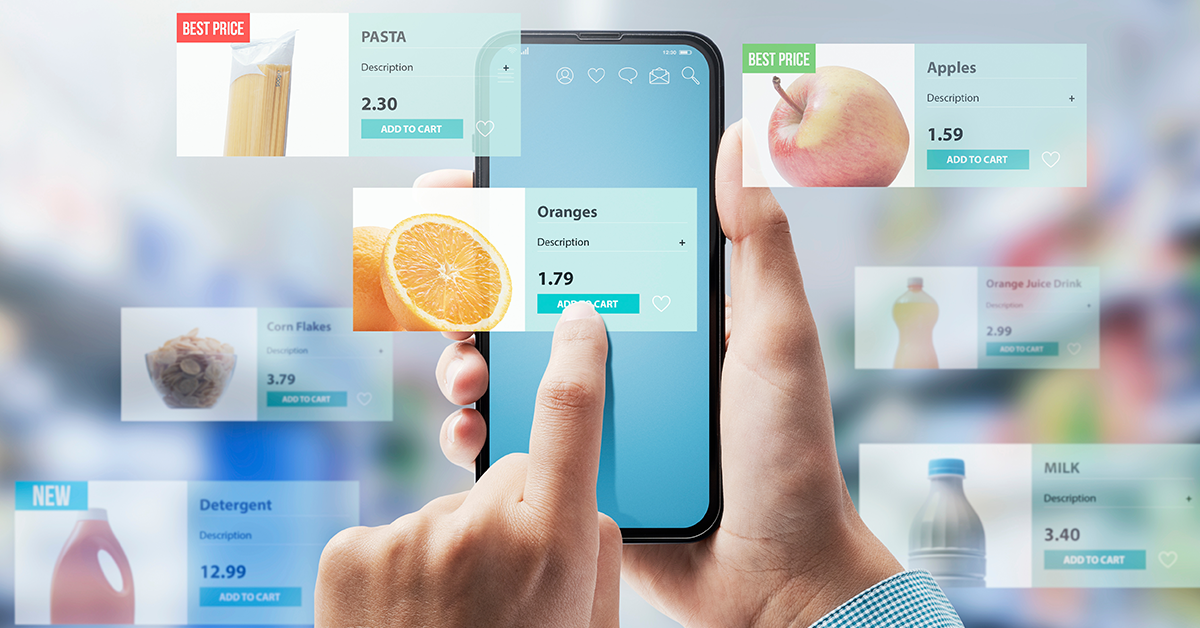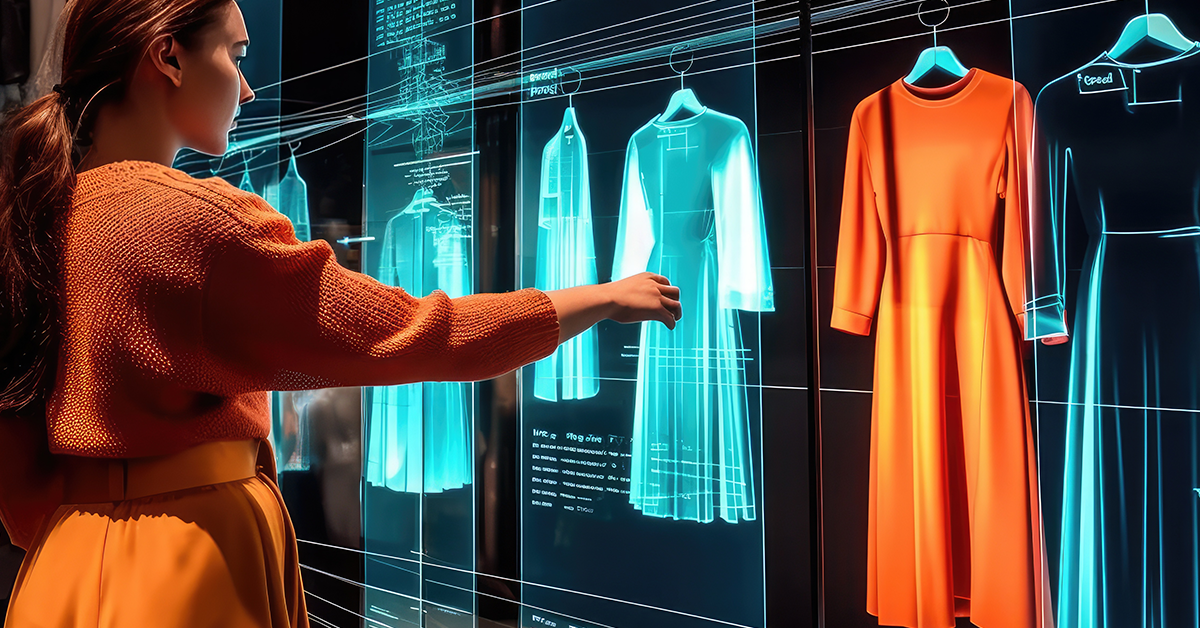Artificial intelligence is not leaving retail unchanged: it has the potential to shape the industry, as it does almost everything else today.
As we have already reported in several articles, AI is helping to change many disciplines. It has its advantages and disadvantages, but one thing is certain: we must live with the phenomenon and the evolution of technology and try to make it work for us.
The retail sector will not be left untouched, as AI can improve the customer experience, optimize the supply chain or even improve customer safety. Let’s look at some examples.
Personalized shopping experience
Every brand aims to build a dedicated and loyal customer base. Achieving this is greatly aided by artificial intelligence, as sophisticated algorithms and machine learning allow brands to analyze large amounts of customer data, behavior and habits. They can then use this knowledge to target customers with personalized offers and promotions, improving engagement and increasing sales.
Dynamic pricing
In a consumer society, shoppers are price sensitive and in many cases willing to take the time to find the best deal. AI algorithms are able to analyze market trends, competitors and customer demand in real-time, so retailers can optimize and adjust prices instantly to offer the most attractive deals to their customers.
Optimization of inventory and supply chain
Artificial intelligence also enables retailers to better forecast demand, procure more efficiently and optimize their replenishment strategy.
Chatbots and virtual assistants
AI-powered virtual assistants can respond to requests in real time, provide personalized recommendations and help customers make informed purchasing decisions. This can improve not only efficiency but also customer satisfaction.

Virtual fitting room
Today, relatively few brands still use virtual try-on solutions, which will become increasingly popular in the future as augmented reality (AR) develops. Artificial intelligence and AR allow you to try on a garment with your avatar, for example. This technology helps to increase customer satisfaction and reduce the return rate.
Security
Artificial intelligence can identify suspicious patterns by analyzing large amounts of transaction data, minimizing the possibility of fraud. But it can also minimize the possibility of account hacking or data theft.
In conclusion, AI will revolutionize retailing. Brands and industry players will have to adapt to technological developments if they want to keep up with the trends. But let’s not forget: if we use these developments wisely, we can improve the customer experience, increase brand loyalty and thus increase our revenues.

